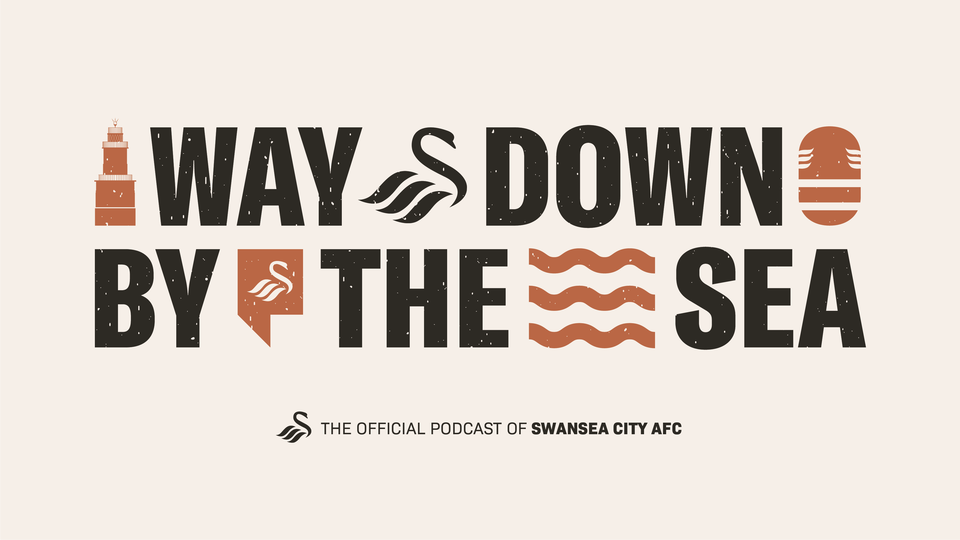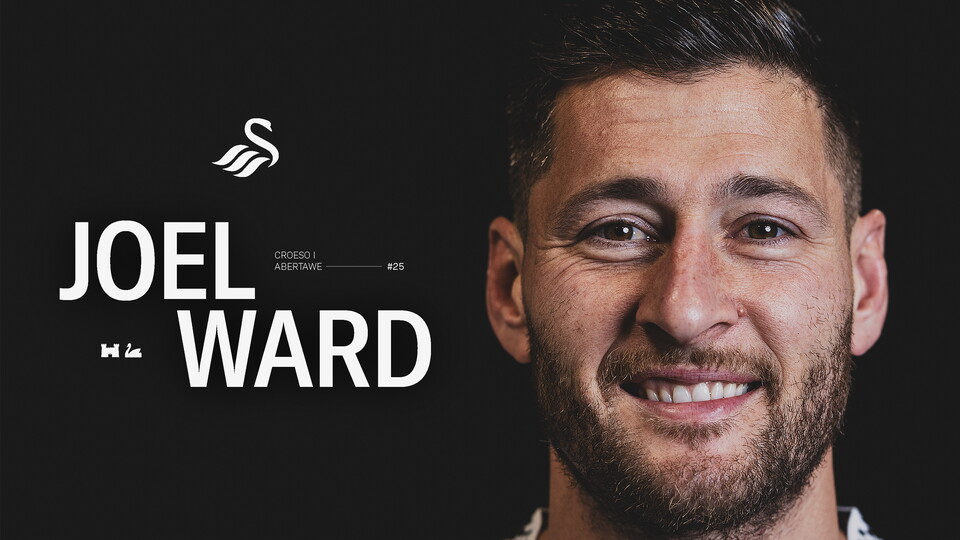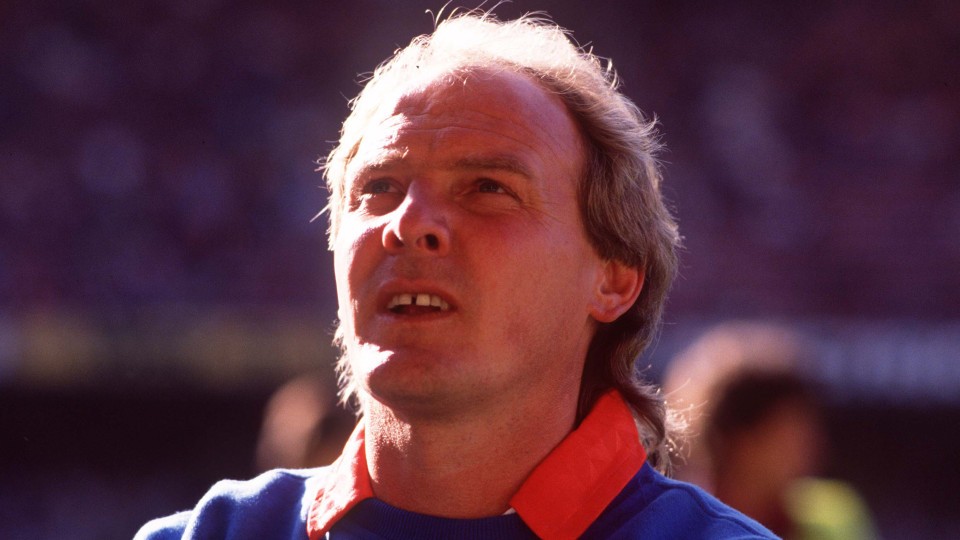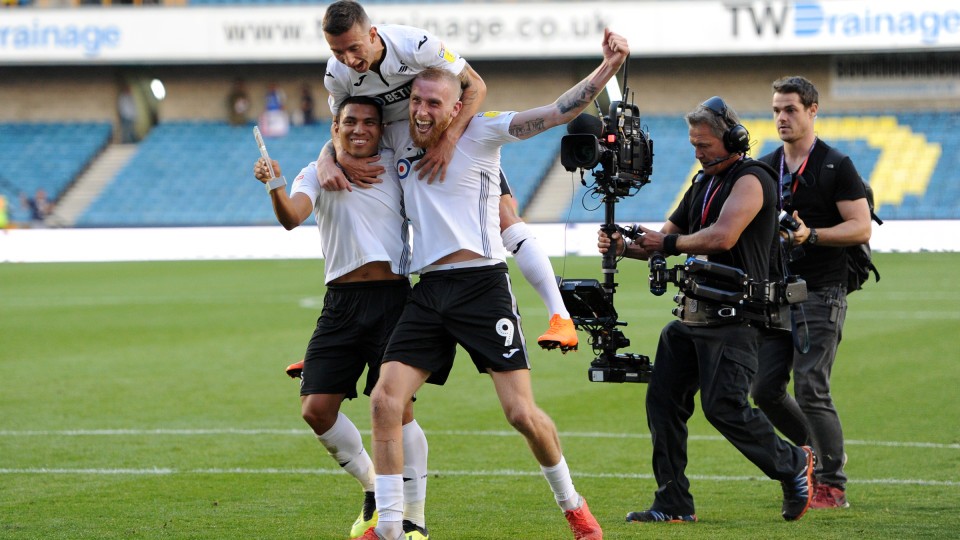Today's media round-up
Mon, 02/25/2013 - 17:25
The Capital One Cup Final was a tale of the underdogs versus the under-underdogs, as Michael Laudrup put it.
The Swans were the ones celebrating, though, as they saw off League Two side Bradford City 5-0 at Wembley.
It ensured the club of its first major piece of silverware in its 100-year existence.
The game received worldwide coverage, with the Swans earning plaudits for their fine performance in breaking the record score for a League Cup final.
The national papers were full of praise for Laudrup and Co after a scintillating display.
Below are a section of reports from the press.
Swans' Capital One Cup success over Bradford City can serve as a lesson to all clubs
Paul Hayward, Telegraph
Swansea's reluctance to become the fourth Premier League notch on Bradford's giant-killing tomahawk was augmented by their refusal to allow League Two opponents more than an occasional touch of the ball.
And although the victims were from three leagues down, this was still the great coming of age for the new Swansea: more, even, than last season's ground-breaking wins over Arsenal, Liverpool and Manchester City, which secured their status as deserving members of the Premier League.
This League Cup final was going to advertise the resilience of our football clubs.
It was a chance to wrench the gaze away from the machinations of the Premier League's top four and acknowledge the extraordinary power of clubs to endure often self-inflicted difficulty, and sometimes calamity, as in Bradford's case.
We saw again that clubs are sustained by their supporters and the communities they first took root in, usually more than a hundred years ago.
So although Bradford, a £7,500 compilation, were outclassed, they were already victors by reaching Wembley in the first place.
The example set out by Swansea will have inspired none more than the ¬residents of Valley Parade, who had the closest view of where good management can take a club if the thinking is clear and the formula is right.
There could be no objection to Swansea receiving this award for artistry. There is no bigger beacon for progress through creativity.
To advance from near-catastrophe to a stylish Wembley Cup win in 10 years is completely admirable and uplifting, for Bradford as much as the rest of us.
Outclassed, but Bradford still have good cause to hold their heads high
James Lawton, The Independent
When (Michael) Laudrup inherited the team from Brendan Rodgers, some feared that he would fall to second-season syndrome in the Premier League. His response has been impressive enough, not only in a series of remarkable transfers based on his deep knowledge of the Spanish game in which he was already beginning to thrive, but also a sure understanding of what he could reasonably ask of his team.
It is a style of football that carries the classic values of swift movement and an unswerving attention to the need for possession of the ball on which to base a fine range of attacking options. Yesterday that combination of discipline and high levels of individual skill produced, as you had to expect, an almost instant mismatch.
Bradford simply had to endure the debilitating effects of a thousand knife wounds, an unremitting statement about the limits of the game plan with which they overwhelmed opponents less sure than Swansea about what they had to do. At the last hurdle, their hopes of hustling a result, creating a little hard pressure at set pieces, were not so much denied as confiscated.
Laudrup said he was proud of a historic achievement, pleased that his new club had at last made an imprint on the records of the game. It was, he said, a great moment in his career.
The beaten Parkinson might not share such elation - at least for some time. But then he can tell himself that he too achieved something that will not be easily forgotten. He put on the national stage the embattled belief that sometimes you make a very good job of fighting the most impossible odds.
Michael Laudrup does his homework to complete Swansea fairytale
Stuart James, The Guardian
Few will begrudge Swansea this moment. They are a model club in so many respects and it was no surprise to hear Bradford talking on the eve of the final about their desire to follow in their footsteps.
While there is much to admire about their free-flowing, easy-on-the-eye football, the way they go about their business off the field is just as impressive.
From supporter representation on the board to a balance sheet that shows a profit, Swansea tick all the boxes.
Credit must go to Huw Jenkins, the chairman who calls the shots and played a huge part in hauling the club back from the brink in 2002, when they were teetering on the financial precipice.
That was back in the days of the old Vetch Field, where Swansea beat Hull City 4-2 on the final day of the 2002-03 season when James Thomas, who now works as an ambulance driver in Port Talbot, scored a hat-trick to prevent them from slipping out of the Football League.
"I think it's been handled very well," said manager Michael Laudrup. "There is a philosophy that has been there for the last six, seven years and that makes it easier because every time you get a manager with the same philosophy.
"It means you look for the same kind of player, which is very important so you don't have to change four or five in the starting XI, which is what you see happens in other clubs where you change completely from one type of manager to another one.
"The second thing is that a club that has black figures at the end of the season - it's not very often you see that in modern football today."
It is, in other words, a club where the numbers, whether it be possession on the pitch or the bottom line off it, both stack up. Now there is also a prize to go with the plaudits. As Ashley Williams, the Swansea captain, said before the game: "You can earn money in football but making history and creating memories are what matters."



